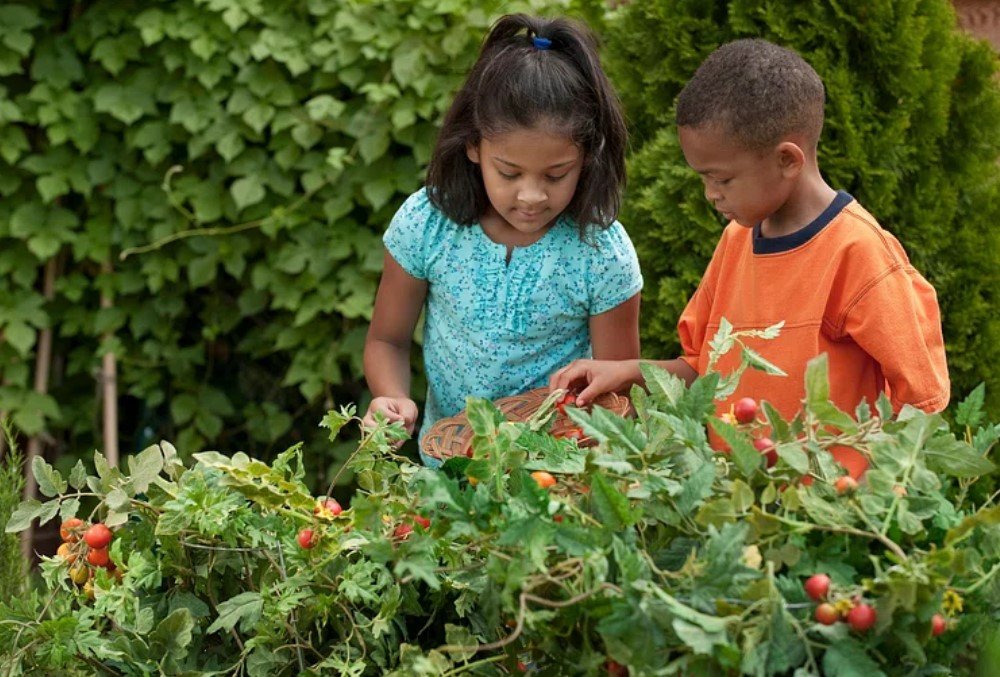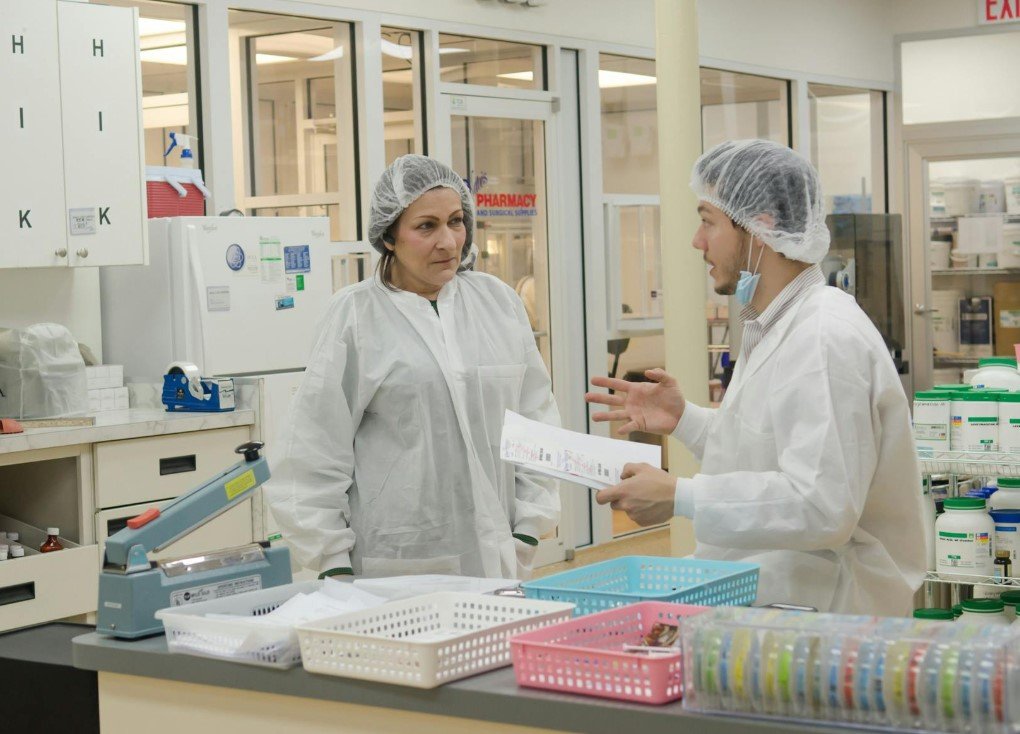The natural world is a vast playground of learning opportunities, and when it comes to educating the younger generation, there’s no better way than through fun, hands-on science experiments. These activities not only spark environmental curiosity among children but also lay the foundation for a lifelong appreciation and understanding of our planet’s ecosystems.
Experimenting with Ecosystems
Creating a mini ecosystem in a jar offers a window into the complex interplay of life. Children can observe how plants, water, and soil create a self-sustaining environment, learning about the water cycle and photosynthesis in the process.

Another engaging activity is the ‘pollution cleanup’ experiment, where kids can simulate an oil spill and attempt various methods to clean it up. This not only teaches them about the impact of human activities on water bodies but also encourages problem-solving and critical thinking.
The Chemistry of Nature
The natural world is full of chemical reactions, and simple experiments like creating a homemade volcano or growing crystals from salt or sugar solutions can demonstrate these principles. These activities allow children to see firsthand the reactions that occur around us every day, fostering a sense of wonder and inquiry.
Physics in the Great Outdoors
Physics isn’t just for the classroom; it’s all around us. From building simple machines like levers and pulleys to understanding gravity through pendulum swings, children can explore these fundamental concepts right in their backyard. These experiments not only teach them about the laws of physics but also about how they govern the natural world.
















